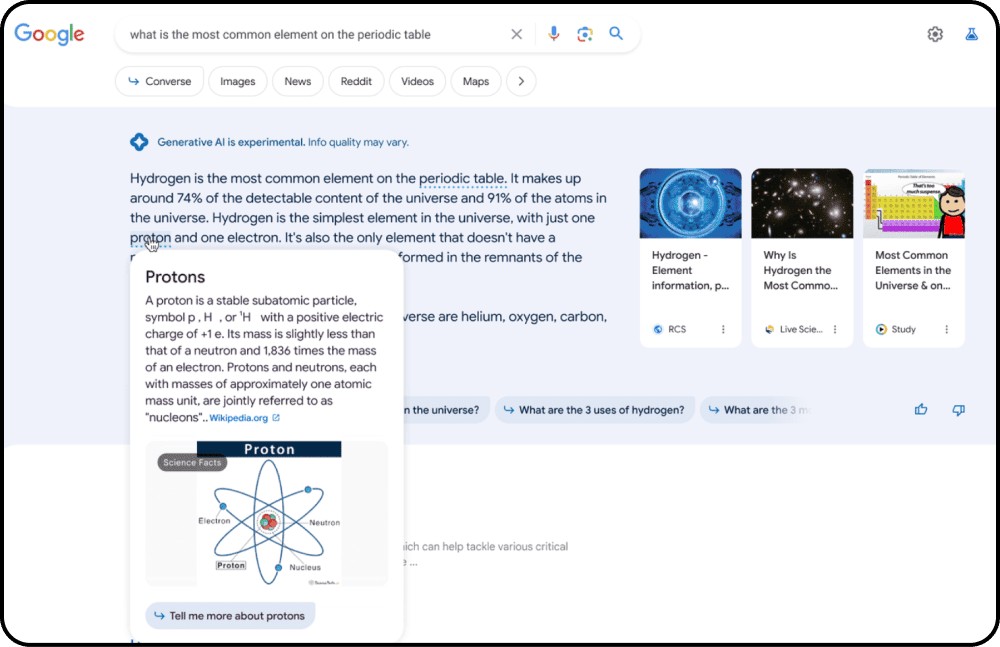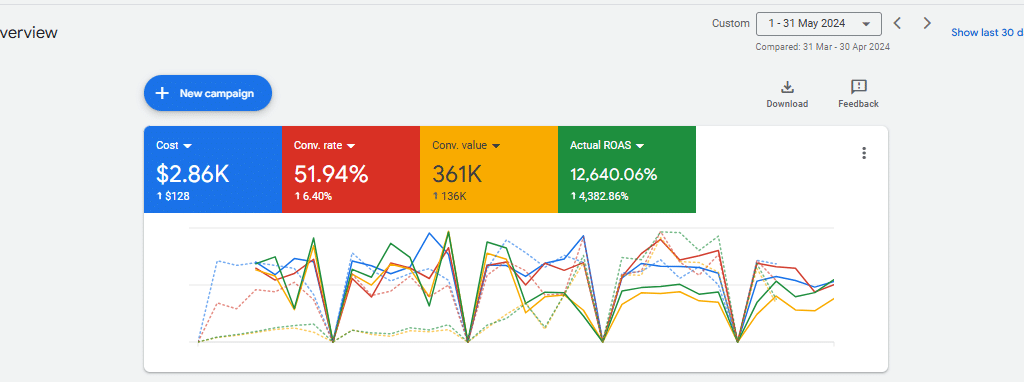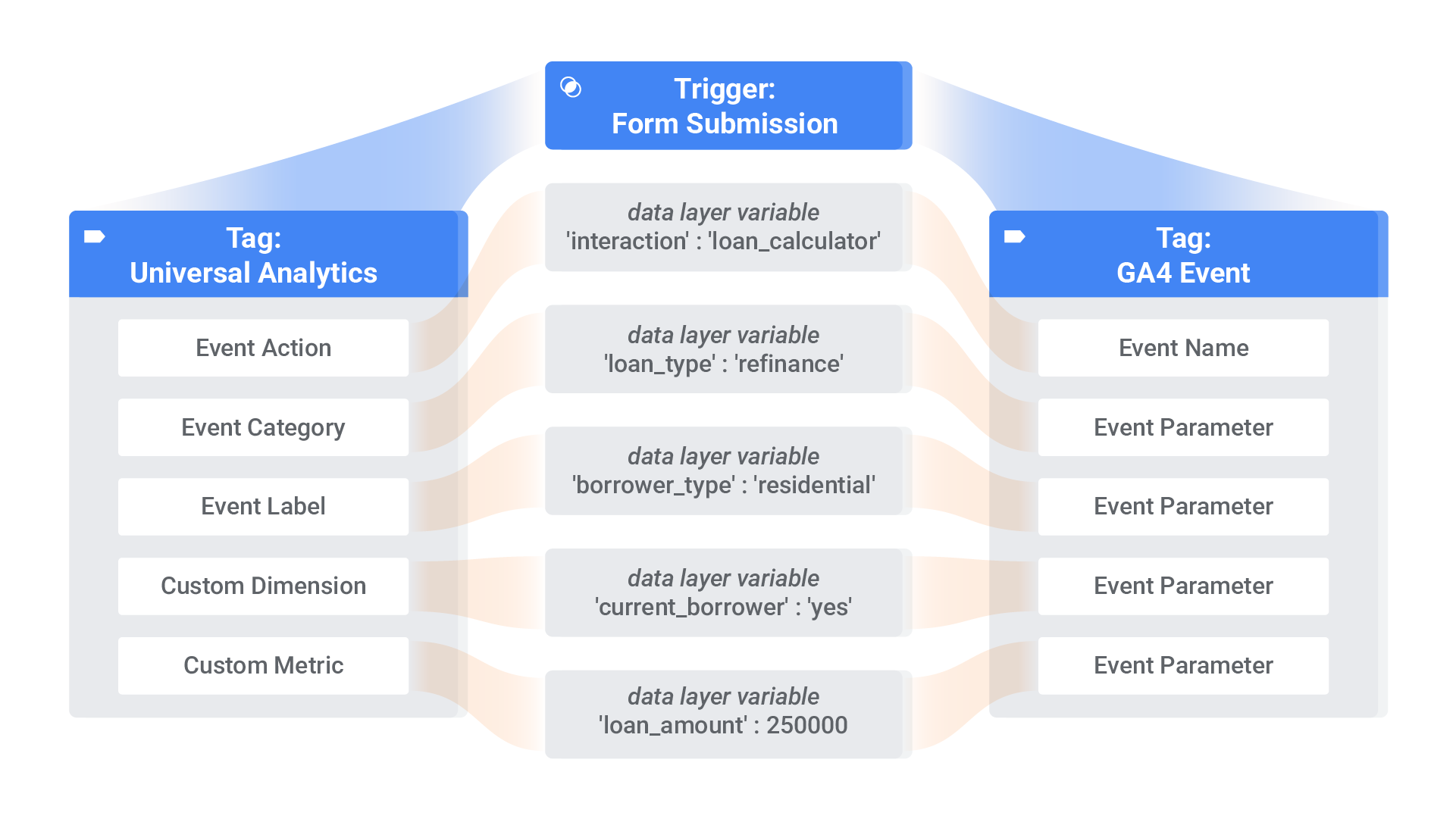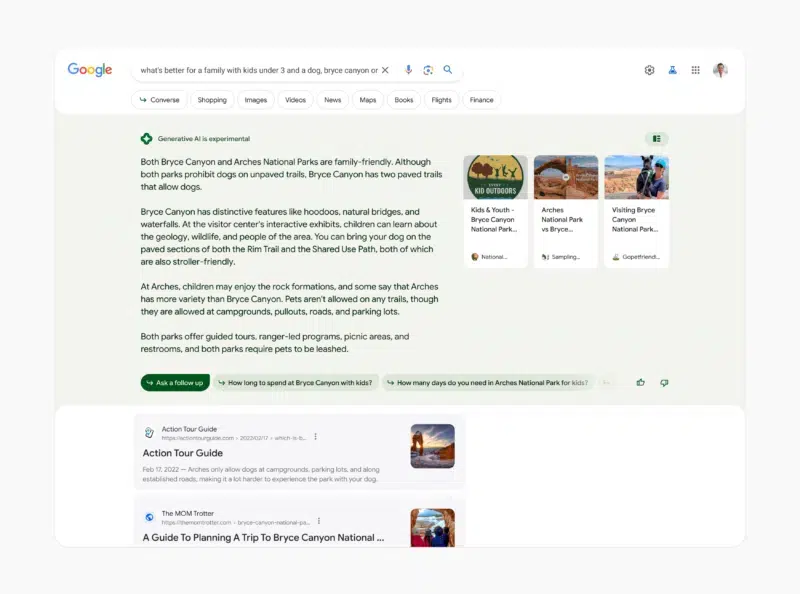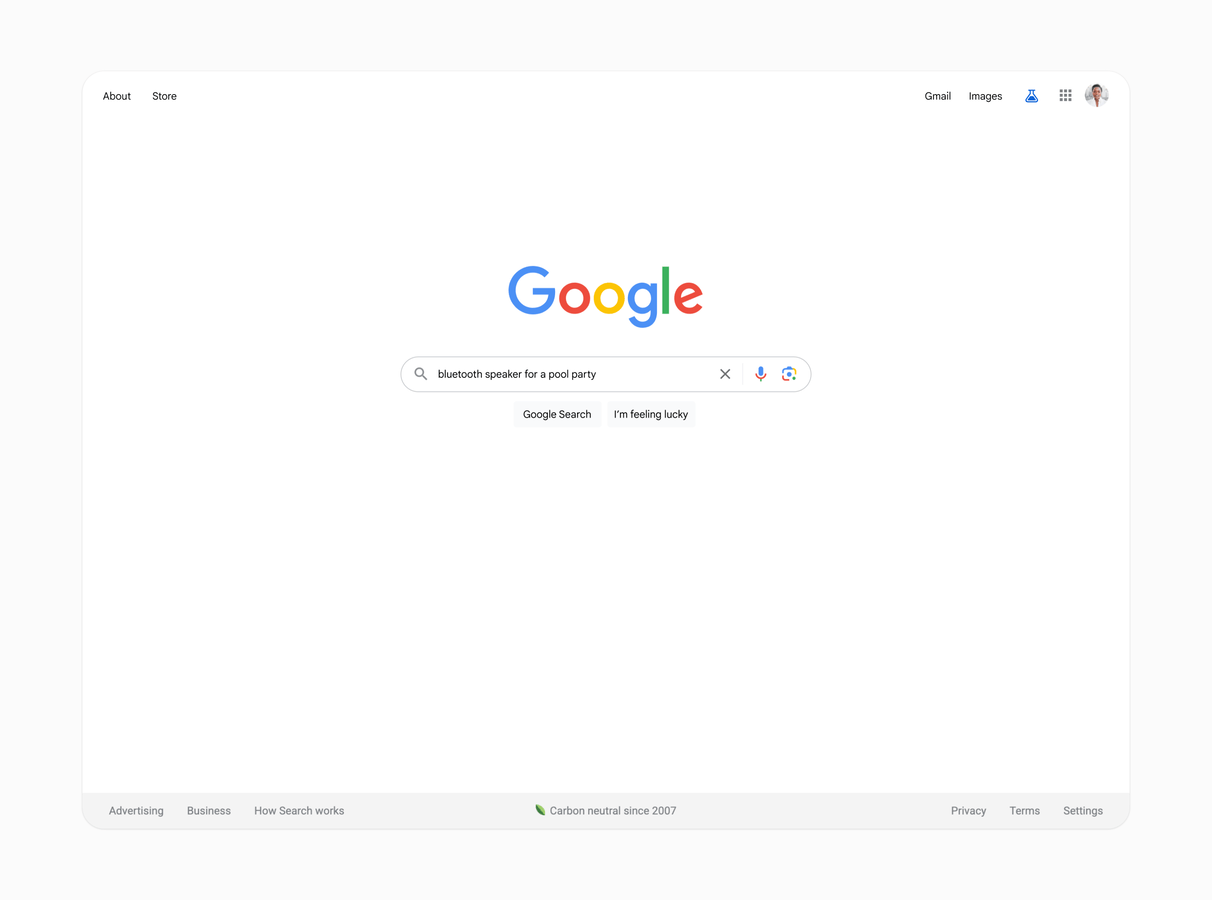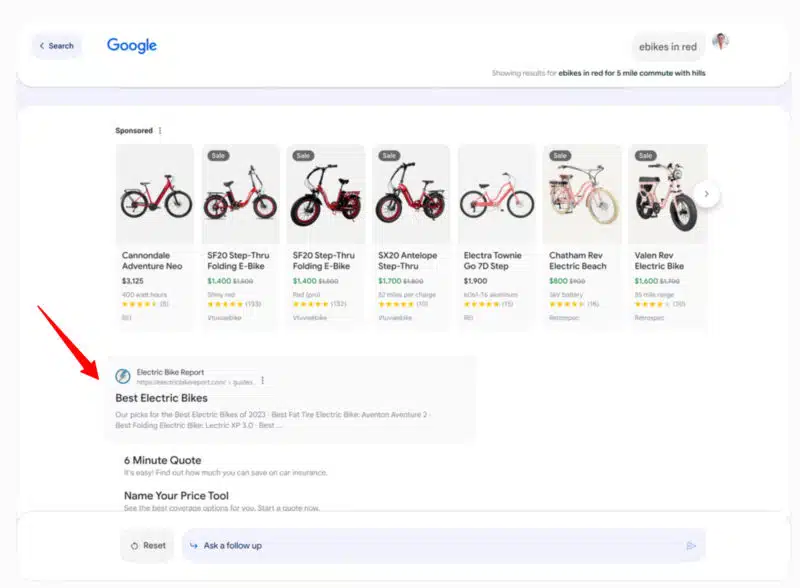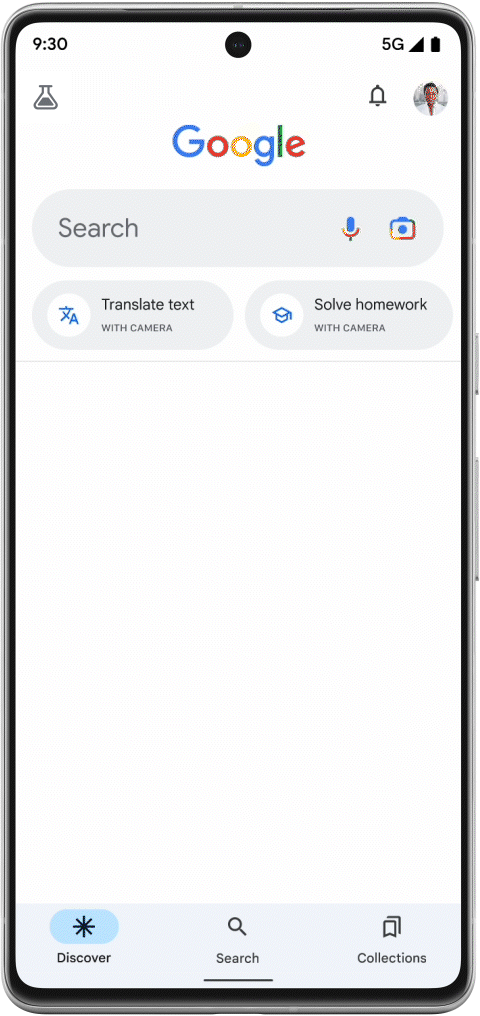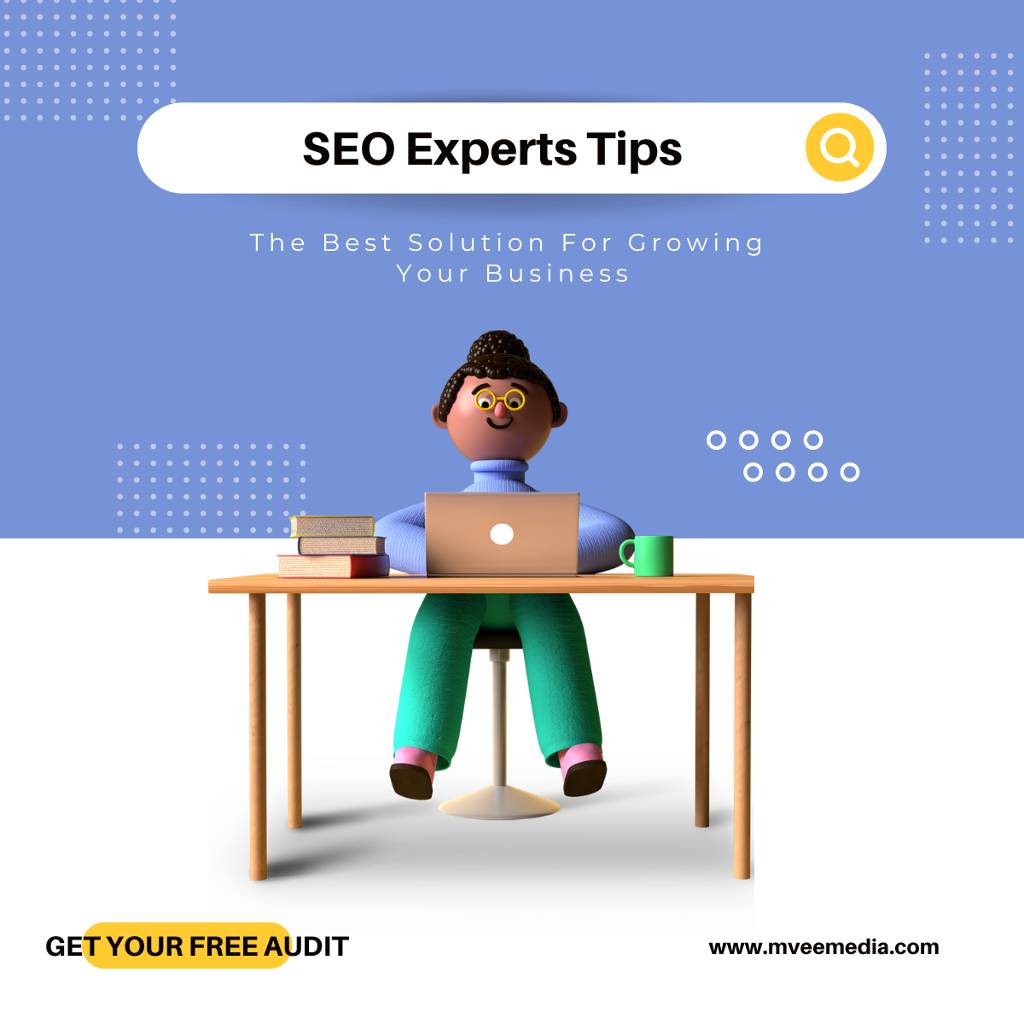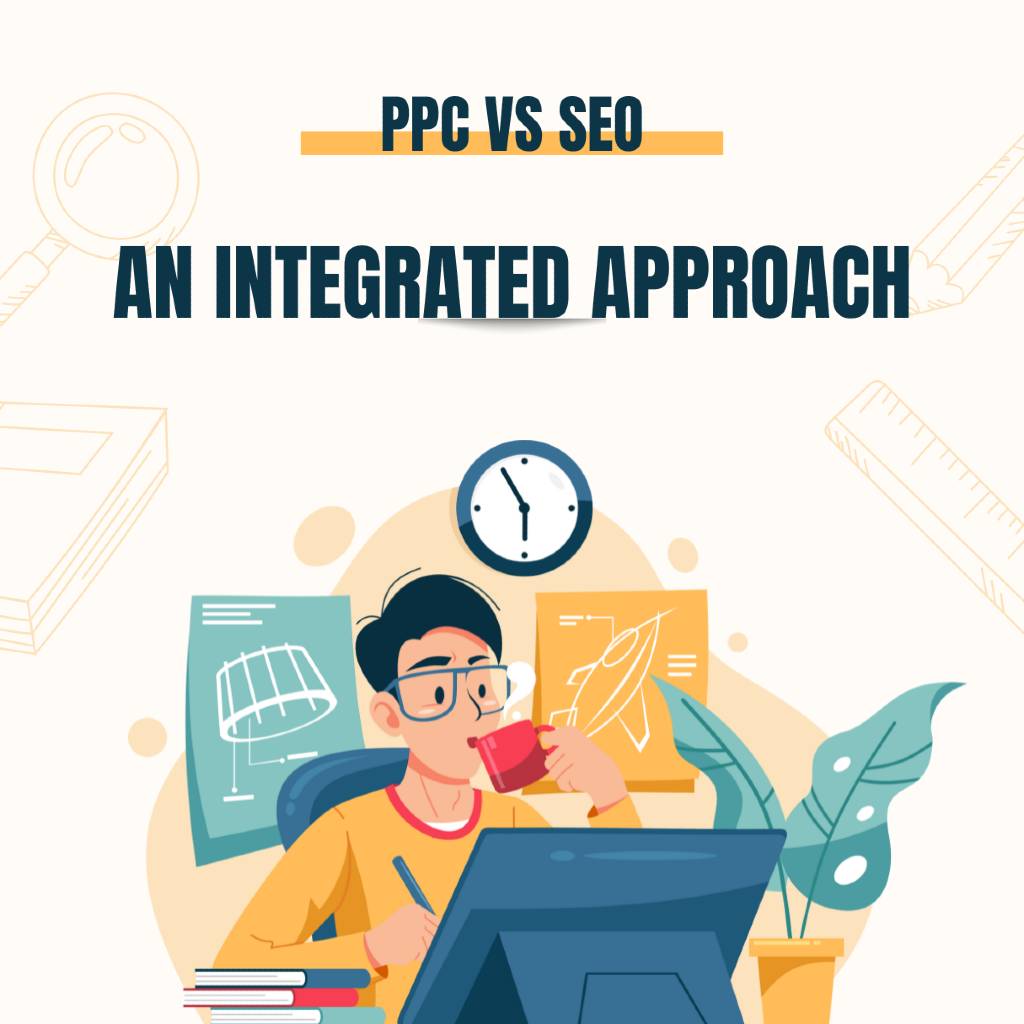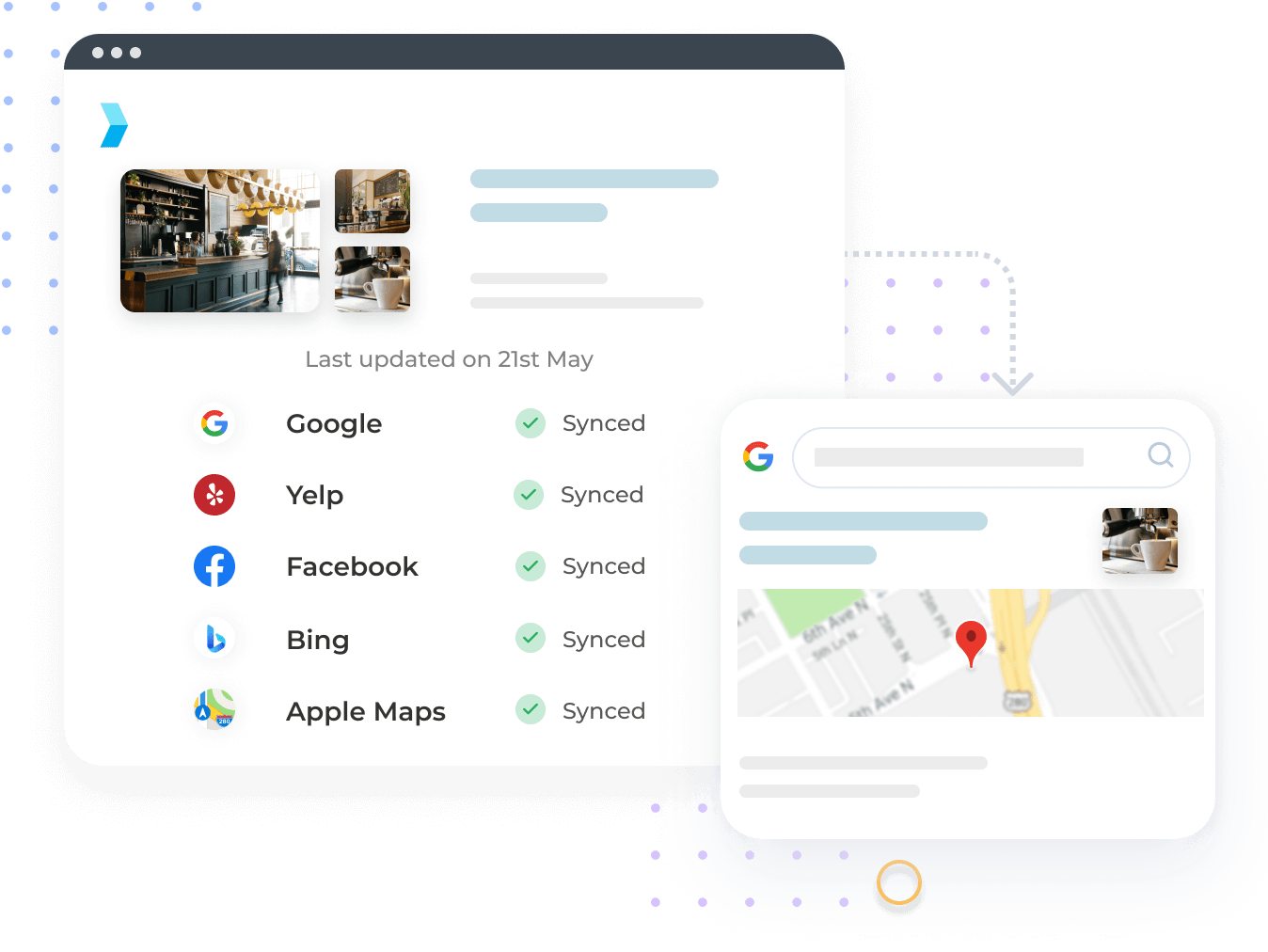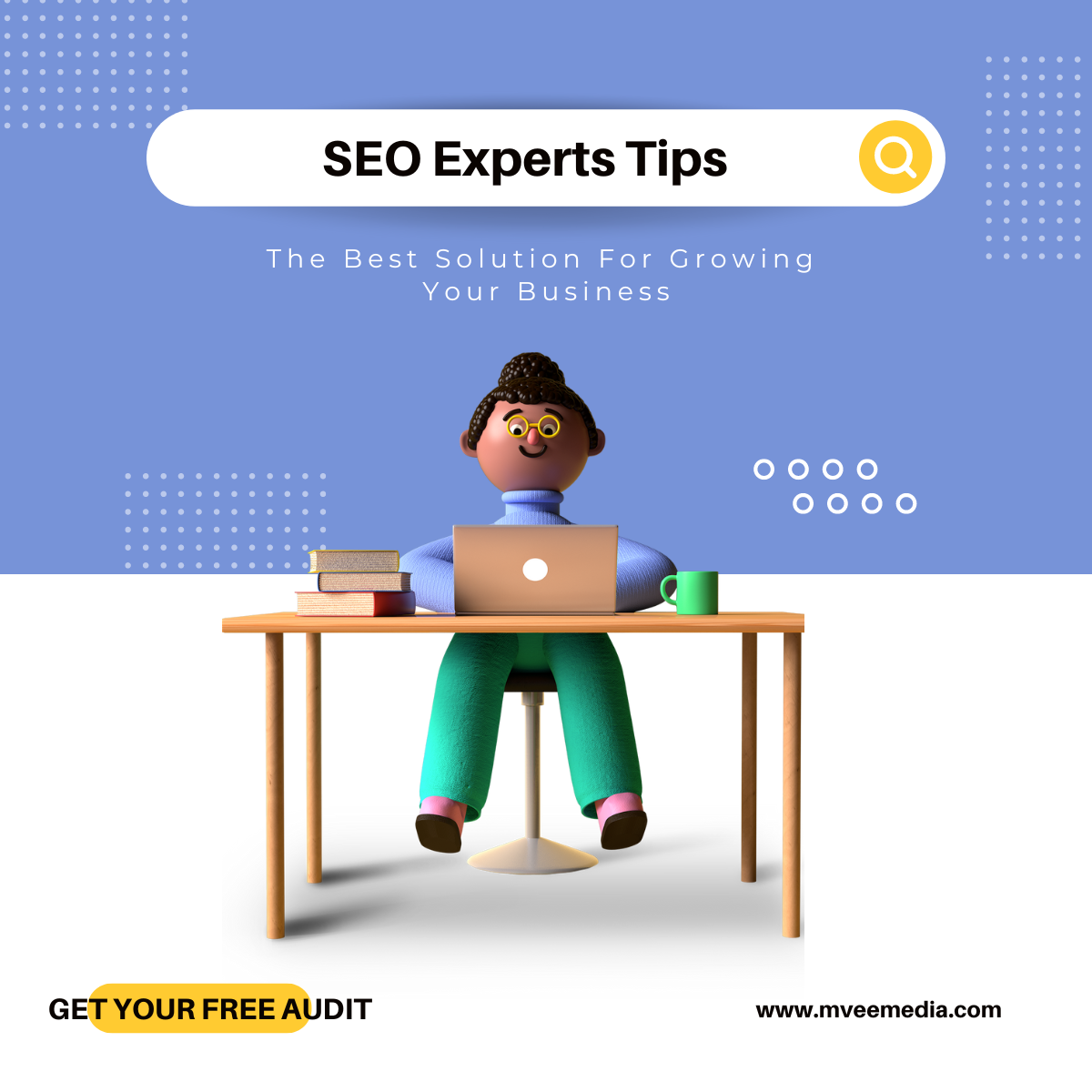Local SEO Services by MVee Media Boost Your Online Presence
In todays digital age, having a strong online presence is crucial for businesses to thrive. Thats where local SEO services by MVee Media come in.
MVee Media, an award-winning ads and SEO agency based in London, UK, specializes in providing cost-effective and performance-based solutions to SMEs and E-commerce businesses in the UK and US.
With expertise in search engine optimization, MVee Media can help businesses control their online visibility and manage their SEO strategies effectively.
They offer a range of services specifically tailored to each location, ensuring that businesses get the right external signals sent to Google and other search engines.
By leveraging geotargeted content and optimizing business profiles across multiple locations, MVee Media claims to show real results in boosting local online visibility.
Their team of designers, consultants, and experts prioritize putting businesses in the spotlight and helping them stand out among competitors.
In addition to local SEO services, MVee Media also offers web design and development, social media management, and email marketing services.
With their comprehensive digital marketing strategies, businesses can optimize their online presence to drive more traffic and conversions to their websites.
Leveraging Local SEO Services for Business Success
With the increasing competition in the online marketplace, businesses are constantly looking for ways to improve their digital presence and attract more customers. This is where local SEO services play a crucial role.
Local SEO, short for search engine optimization, is a strategy specifically tailored to a businesss location to ensure they rank high in local search results.
One company that leverages local SEO services effectively is MZvee Media.
This digital marketing agency claims to optimize business profiles across multiple locations, ensuring the right external signals are sent to search engines like Google. By optimizing their online visibility and managing their SEO strategies, businesses can increase their chances of being found by potential customers.
MZvee Media offers a range of services, including web design, development, social media management, and email marketing. They have a team of experts who specialize in creating the best digital marketing strategies tailored to each businesss location.
By prioritizing the needs of businesses and helping them stand out among competitors, MZvee Media aims to drive more traffic and conversions to their clients websites.
One of the key advantages of leveraging local SEO services is the ability to target specific geographic areas.
For businesses with multiple locations, such as restaurants or law firms, geotargeted content can be highly effective in attracting local customers. MZvee Media understands this and ensures that their clients websites and online listings are optimized to show up in local searches.
Another important aspect of local SEO is the use of keywords.By including relevant keywords in their website, businesses can increase their visibility in search engine results and attract more organic traffic.
MVee Media: Your Digital Marketing Partner
MVee Media is not your typical digital marketing agency. Based in London, UK, they have been recognized as an award-winning ads and SEO agency.
With a team of experienced professionals, including designers, consultants, and experts in digital marketing, they are dedicated to helping businesses improve their online visibility and effectively manage their SEO.
One of the key services offered by MVee Media is web design and development.
They understand the importance of creating visually appealing and user-friendly websites that are optimized for search engines and user experience. By doing so, businesses can attract more traffic and convert visitors into customers.
In todays digital age, social media presence is crucial for businesses, and MVee Media specializes in social media management. They assist businesses in developing effective strategies to engage with their target audience and build brand awareness.
MVee Media also excels in email marketing, helping businesses create and manage targeted email campaigns to promote their products or services directly to their audience.
MVee Media recognizes the significance of local SEO for businesses with multiple locations.
By leveraging geotargeted content and optimizing online listings, they ensure that businesses show up in local searches, increasing their chances of attracting local customers and boosting sales.Reputation management is another area of expertise for MVee Media, as they specialize in monitoring and improving the public perception of businesses and individuals through strategic online reputation management strategies.
MVee Media
- MVee Media is an award-winning ads and SEO agency based in London, UK.
- They have a team of experienced professionals, including designers, consultants, and experts in digital marketing.
- MVee Media specializes in web design and development, creating visually appealing and user-friendly websites optimized for search engines and user experience.
- They excel in social media management, helping businesses develop effective strategies to engage with their target audience and build brand awareness.
Boost Your Advertising with Local SEO Services
Local SEO services can greatly enhance your advertising efforts and boost your online visibility. By leveraging the power of SEO, you can effectively manage your businesss online presence and ensure that your listings and advertisements show up across multiple locations.
A reputable local SEO agency like MVee Media can optimize your business profile on platforms like Google to attract local customers and drive more traffic to your website.
With a tailored local SEO strategy, MVee Media ensures that your business is targeting the right keywords and sending the right external signals to search engines.
They understand the importance of geotargeted content and leverage it to increase your visibility in local search results. By optimizing your online listings and leveraging the power of local SEO, MVee Media can help your business claim its rightful place in the digital marketplace.
But local SEO is just one aspect of digital marketing that MVee Media specializes in. They offer a range of services, including web design and development, social media management, email marketing, and reputation management.
Their team of experts and consultants are always up-to-date with the latest trends and best practices in the industry, ensuring that your business stays ahead of the competition.
When it comes to web design and development, MVee Media creates visually appealing and user-friendly websites that are optimized for search engines and user experience.
This ensures that your website not only looks great but also drives traffic and converts visitors into customers.
In todays digital age, social media presence is crucial for businesses, and MVee Media excels in social media management.
The Power of SEO for Small Businesses
SEO is a powerful tool that can greatly benefit small businesses in todays digital landscape. MVee Media, an award-winning ads and SEO agency based in London, UK, understands the importance of SEO for small businesses.
With their cost-effective and performance-based solutions, they provide services such as Local SEO, Search Engine Optimization, and Advertising to SMEs and E-commerce businesses in the UK and US.
By implementing SEO strategies, businesses can take control of their online visibility and effectively manage their online presence.
Keyword optimization is a key aspect of SEO, as it increases the chances of appearing in search results when potential customers are looking for their products or services. SEO helps businesses leverage the power of local search, ensuring visibility to customers in their specific location.
SEO improves a businesss reputation in the digital marketplace by presenting a professional and credible image to potential customers. To fully harness the power of SEO, small businesses can partner with MVee Media, who have a deep understanding of SEO best practices and can develop tailored strategies for their location and target audience.
Small businesses can greatly benefit from the power of SEO, and partnering with an agency like MVee Media can further enhance their online presence.There is no denying that technology has revolutionized the way we live and interact with the world around us.
| Benefits of SEO |
Partnering with MVee Media |
| Increased online visibility |
Tailored strategies for location and target audience |
| Improved reputation in the digital marketplace |
Deep understanding of SEO best practices |
MVee Media: Your Local SEO Experts
As an expert SEO agency, MVee Media understands the importance of search engine optimization for local businesses. With their team of experienced SEO consultants and designers, they have the knowledge and skills to create the best strategies specifically tailored to each businesss location.
Their goal is to ensure that businesses achieve the right visibility across multiple online platforms and search engine listings.
MVee Media leverages geotargeted content and keywords to optimize businesses profiles on Google and other search engines.
They also prioritize external signals such as social media management, email marketing, and web design and development to drive related traffic and increase conversions.
With their digital marketing expertise, MVee Media helps businesses stand out and put their best foot forward in the competitive online landscape.
By optimizing websites, managing online reputation, and offering tailored SEO services, MVee Media claims to show real results for their clients.
MVee Media is a local SEO agency that offers a range of services to help businesses improve their online visibility and manage their online presence.
With their expertise in search engine optimization and digital marketing, they provide tailored strategies to businesses that are looking to optimize their online performance.
Maximizing Online Visibility with Local SEO Services
MVee Media, an award-winning ads and SEO agency based in London, UK, offers cost-effective and performance-based solutions to SMEs and e-commerce businesses in the UK and US. With their expertise in local SEO, they help businesses maximize their online visibility and manage their online presence effectively.
By optimizing business profiles on search engine listings, particularly on Google, MVee Media ensures that businesses appear prominently in relevant search results.
They leverage geotargeted content and keywords to drive related traffic to businesses online platforms.
This, in turn, increases the chances of conversions and boosts their online reputation.
In addition to website optimization, MVee Media also prioritizes external signals such as social media management, email marketing, and web design and development.
They understand the competitive nature of the online landscape and strive to help businesses stand out with tailored strategies aligned with their specific goals and objectives.
With MVee Medias local SEO services, businesses can expect tangible results and improved online visibility.
Their expertise in search engine optimization and digital marketing helps businesses navigate the ever-changing online landscape and stay ahead of the competition.
MVee Medias Local SEO Services
- MVee Media is an award-winning advertising and SEO agency based in London, UK.
- They offer cost-effective and performance-based solutions to small and medium-sized enterprises (SMEs) and e-commerce businesses in the UK and US.
- By optimizing business profiles on search engine listings, particularly on Google, MVee Media ensures that businesses appear prominently in relevant search results.
- MVee Media utilizes geotargeted content and keywords to drive targeted traffic to businesses online platforms, increasing the likelihood of conversions and enhancing their online reputation.
MVee Media: The Key to Effective SEO Strategies
MVee Media, a leading SEO agency in London, has gained recognition for its expertise in driving online visibility and improving search engine rankings. With a team of highly skilled SEO experts, MVee Media offers a comprehensive range of services to help businesses optimize their online presence.
One of the key strategies employed by MVee Media is local SEO.
By leveraging geotargeted content and keywords, they ensure that businesses are visible to their target audience in specific locations.
This targeted approach not only increases website traffic but also improves the chances of converting those visitors into customers.
MVee Media also understands the importance of optimizing business profiles on search engine listings.
By managing and optimizing business profiles across multiple platforms, such as Google, they ensure that businesses appear prominently in relevant search results. This enhanced visibility can greatly impact a businesss online reputation and ultimately lead to increased conversions.
In addition to local SEO, MVee Media offers a wide range of services including social media management, email marketing, web design, and development.
These services are strategically tailored to each clients specific needs and objectives.
With their proven track record of delivering tangible results, MVee Media has established itself as a trusted partner for businesses looking to improve their online presence. Their commitment to excellence and industry expertise make them the go-to agency for businesses in the UK and US.
MVee Medias comprehensive SEO strategies are designed to help businesses achieve their goals and stand out in the highly competitive online landscape.By leveraging the power of local SEO and other digital marketing strategies, businesses can effectively target their desired audience and increase their online visibility.
Enhancing Your Business Listings with Local SEO Services
In todays digital age, having an online presence is crucial for business success. Thats where local SEO services come in.
By optimizing your business listings, you can enhance your visibility and attract more customers.
MVee Media, an award-winning ads and SEO agency based in London UK, specializes in providing cost-effective and performance-based solutions such as local SEO, search engine optimization, and advertising services to SMEs and e-commerce businesses in the UK and US.
With their expertise and track record of delivering results, partnering with MVee Media ensures that your business stands out from the competition and reaches its full potential.
Local SEO services are designed to ensure that your business is easily found by potential customers in your target location.
Whether you have one location or multiple, local SEO can help you manage and optimize your business profiles across various platforms like Google. This means that when people search for services or products related to your business in their area, your business will show up prominently in the search results.
Local SEO leverages geotargeted content and keywords to increase your websites visibility to the right audience.
By tailoring your web content to specific locations, you can drive targeted traffic to your website and increase the chances of converting those visitors into customers.But I am not sure if I will be able to attend the meeting tomorrow due to a scheduling conflict.
MVee Media: Your Partner in Geotargeted SEO
MVee Media is a leading digital marketing agency that specializes in geotargeted SEO services. With our team of experienced SEO experts, we provide tailored strategies and solutions to businesses looking to maximize their online visibility and drive targeted traffic to their websites.
Our company understands the importance of local SEO in todays competitive digital landscape.
Thats why we offer a range of services specifically tailored to ensure that your business stands out in your target location.
By optimizing your business profiles across multiple platforms, such as Google, we can help you manage and control your online presence effectively.
One of the key aspects of our geotargeted SEO strategy is leveraging geotargeted content and keywords.
By incorporating location-specific keywords into your websites content, we can help improve its visibility to the right audience. This targeted approach ensures that your website appears prominently in search engine results when people in your target location search for products or services related to your business.
At MVee Media, we believe that a well-optimized online presence is the key to success in todays digital world.
Thats why we prioritize the optimization of your business profiles and listings across various platforms, as well as the management of external signals, such as inbound links and social media mentions.
By optimizing these external signals, we help improve your websites reputation and authority in the eyes of search engines.management, content creation and marketing, pay-per-click advertising, email marketing, and analytics. We strive to provide comprehensive strategies tailored to our clients specific needs, helping them boost their online presence and drive meaningful results for their businesses.
The Role of Local SEO in Digital Marketing Success
Local SEO plays a crucial role in the success of digital marketing campaigns, particularly for businesses that want to target specific locations. It allows businesses to optimize their online presence and increase their visibility to their target audience.
By incorporating location-specific content and keywords, businesses can appear prominently in search engine results when users in their desired location search for relevant products or services.
This strategy helps businesses drive more traffic and conversions by improving their visibility to the right audience.
At our digital marketing agency, MVee Media, based in London UK, we specialize in creating tailored strategies for businesses to enhance their online presence and drive meaningful results. We offer a range of services, including web design, social media management, email marketing, and more, combined with our expertise in local SEO.
| Benefits of Local SEO |
Traditional SEO |
| Targets specific locations |
Targets a wider audience |
| Increases online visibility |
Relies on general keywords |
| Drives targeted traffic |
Drives generic traffic |
MVee Media: Tailored Local SEO Services for Your Business
MVee Media is an experienced digital marketing agency that understands the importance of local SEO for businesses looking to boost their online presence. Our team of experts is dedicated to creating customized strategies specific to your location, ensuring that your business stands out in search engine results.
With our tailored local SEO services, we leverage geotargeted content and optimized keywords to optimize your business profile across multiple online listings.
This includes managing your Google My Business profile and ensuring that all external signals are sent to the search engine optimization.
By optimizing your online presence, we increase your visibility to the right audience, drive related traffic to your website, and ultimately boost conversions.
At MVee Media, we prioritize reputation management and ensure that your business is always portrayed in the best light.
Our services go beyond just SEO; we also offer web design and development, social media management, and email marketing to create a comprehensive marketing strategy that caters specifically to your businesss needs.
Optimizing Your Google Business Profile with Local SEO
When it comes to optimizing your Google Business Profile with local SEO, there are several key strategies that can help improve your online visibility and drive more traffic to your website. One important aspect of local SEO is managing your online listings across multiple platforms, including your Google My Business profile.
By claiming and optimizing these listings, you can ensure that your business information is accurate and consistent across the web, which can positively impact your search engine rankings.
Another crucial aspect of local SEO is tailoring your website content to include location-specific keywords.
This increases the chances of your business appearing in local search results. Leveraging external signals like online reviews, backlinks, and social media mentions can further improve your online visibility and credibility.
At MVee Media, an award-winning ads and SEO agency based in London, UK, we understand the importance of optimizing your Google Business Profile with local SEO. We provide cost-effective and performance-based solutions, including Local SEO, Search Engine Optimization, and Advertising services to SMEs and E-commerce businesses in the UK and US.
In addition to these services, we also offer web design and other digital marketing solutions.
Key Strategies for Optimizing Your Google Business Profile with Local SEO
- Managing your online listings across multiple platforms, including your Google My Business profile, ensures accurate and consistent business information across the web.
- Tailoring your website content to include location-specific keywords increases the chances of your business appearing in local search results.
- Leveraging external signals like online reviews, backlinks, and social media mentions can further improve your online visibility and credibility.
- MVee Media, an award-winning ads and SEO agency based in London, UK, provides cost-effective and performance-based Local SEO, Search Engine Optimization, and Advertising services to SMEs and E-commerce businesses in the UK and US.
What are local SEO services?
Local SEO services refer to the strategies and techniques implemented to optimize a businesss online visibility and search engine rankings within a specific geographic area. These services are specifically tailored to target local customers and help businesses stand out in their local market.
One of the key aspects of local SEO services is optimizing a businesss Google My Business profile.
This includes claiming and managing the businesss online listings across various platforms to ensure accurate and consistent information.
By doing so, businesses can increase their chances of appearing in local search results and attract more targeted traffic.
Another important strategy in local SEO is incorporating location-specific keywords into the website content.
This helps search engines understand the businesss relevance to a particular location and improves its visibility in local search queries.
Local SEO services leverage external signals such as online reviews, backlinks, and social media mentions to enhance a businesss online credibility and visibility.
By actively managing and monitoring these signals, businesses can build a strong online reputation and attract more customers.
Local SEO services offer a comprehensive strategy to optimize a businesss online presence and increase its visibility in local search results.
By implementing these strategies, businesses can attract more relevant traffic, increase conversions, and stand out in their local market.
What is SEO digital marketing agency?
MVee Media is an award-winning ads and SEO agency based in London, UK. They provide cost-effective and performance-based solutions such as Local SEO, Search engine optimization, and Advertising services to SMEs and E-commerce businesses in the UK and US.
An SEO digital marketing agency is a company that specializes in optimizing businesses online visibility and search engine rankings through various strategies and techniques.
These agencies understand the importance of controlling a businesss online presence and managing its SEO listings across multiple platforms.
By leveraging geotargeted content and keywords, they tailor their services specifically to a businesss location to ensure the right external signals are sent to search engines. A reputable SEO digital marketing agency also offers services such as web design and development, social media management, and email marketing.
They prioritize helping businesses stand out in their local market and drive related traffic and conversions to their websites. These agencies understand the significance of reputation management and offer strategies to ensure a businesss profile claims are met with positive results.
SEO Digital Marketing Agencies
- SEO agencies specialize in optimizing businesses online visibility and search engine rankings.
- They provide cost-effective and performance-based solutions to small and medium-sized enterprises (SMEs) and E-commerce businesses.
- SEO agencies understand the importance of controlling a businesss online presence and managing its SEO listings across multiple platforms.
- They leverage geotargeted content and keywords to tailor their services specifically to a businesss location.
What are local SEO services and how can it benefit your business?
Local SEO services are a crucial component of any businesss digital marketing strategy. These services specifically target customers within a particular location, helping businesses gain visibility and attract local customers.
By optimizing a businesss online presence, local SEO services ensure that the right external signals are sent to search engines like Google, which can ultimately lead to higher rankings in local search results.
One of the key benefits of local SEO services is increased online visibility.
When potential customers search for products or services in their local area, businesses with effective local SEO strategies are more likely to appear in the search results. This increased visibility can result in higher website traffic, more leads, and ultimately, more conversions.
Another benefit of local SEO services is improved reputation management. Local SEO agencies understand the importance of managing a businesss online profile claims and ensuring positive results.
By optimizing a businesss online presence and leveraging geotargeted content and keywords, local SEO services help businesses maintain a positive reputation online.
Local SEO services can also help businesses build trust and credibility.
When a business consistently appears in local search results, potential customers are more likely to perceive it as a reputable and trustworthy establishment. This can be especially beneficial for small and medium-sized businesses (SMEs) that are looking to establish themselves in their local market.
Local SEO services offer numerous benefits to businesses looking to enhance their online presence.a strong presence in their community.
What kind of services should my SEO agency provide?
When it comes to choosing an SEO agency, its important to consider the specific services they provide. MVee Media, an award-winning ads and SEO agency based in London, UK, offers a comprehensive range of services to ensure optimal results for businesses.
This includes on-page optimization, where they optimize the content, meta tags, URLs, and internal linking structure of your website to improve its visibility and ranking on search engine results pages.
They also conduct thorough keyword research to identify relevant and high-volume keywords for your business, helping to target the right audience.
Their link building strategy focuses on acquiring high-quality, authoritative backlinks to improve search engine rankings. Other important services they offer include technical SEO, local SEO for optimizing online presence in local search results, content creation and optimization, and ongoing monitoring and reporting to track the progress of your SEO campaign.
MVee Media also provides web design and development services to ensure a user-friendly and search engine optimized website. They offer social media management and email marketing services, providing a comprehensive solution for businesses digital marketing needs.
MVee Medias SEO Services
- MVee Media offers on-page optimization to improve website visibility and ranking on search engine results pages.
- They conduct thorough keyword research to identify relevant and high-volume keywords for businesses.
- Their link building strategy focuses on acquiring high-quality, authoritative backlinks to improve search engine rankings.
- MVee Media provides technical SEO, local SEO, content creation and optimization, and ongoing monitoring and reporting services to track SEO progress.


